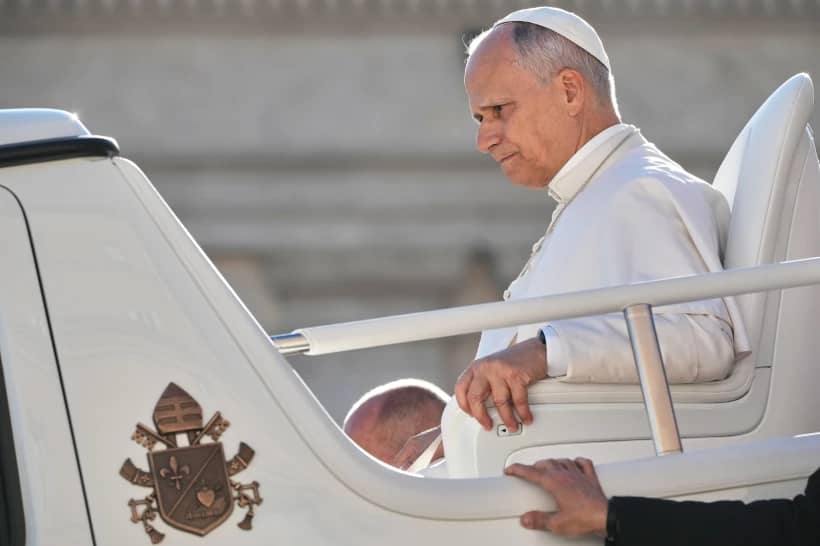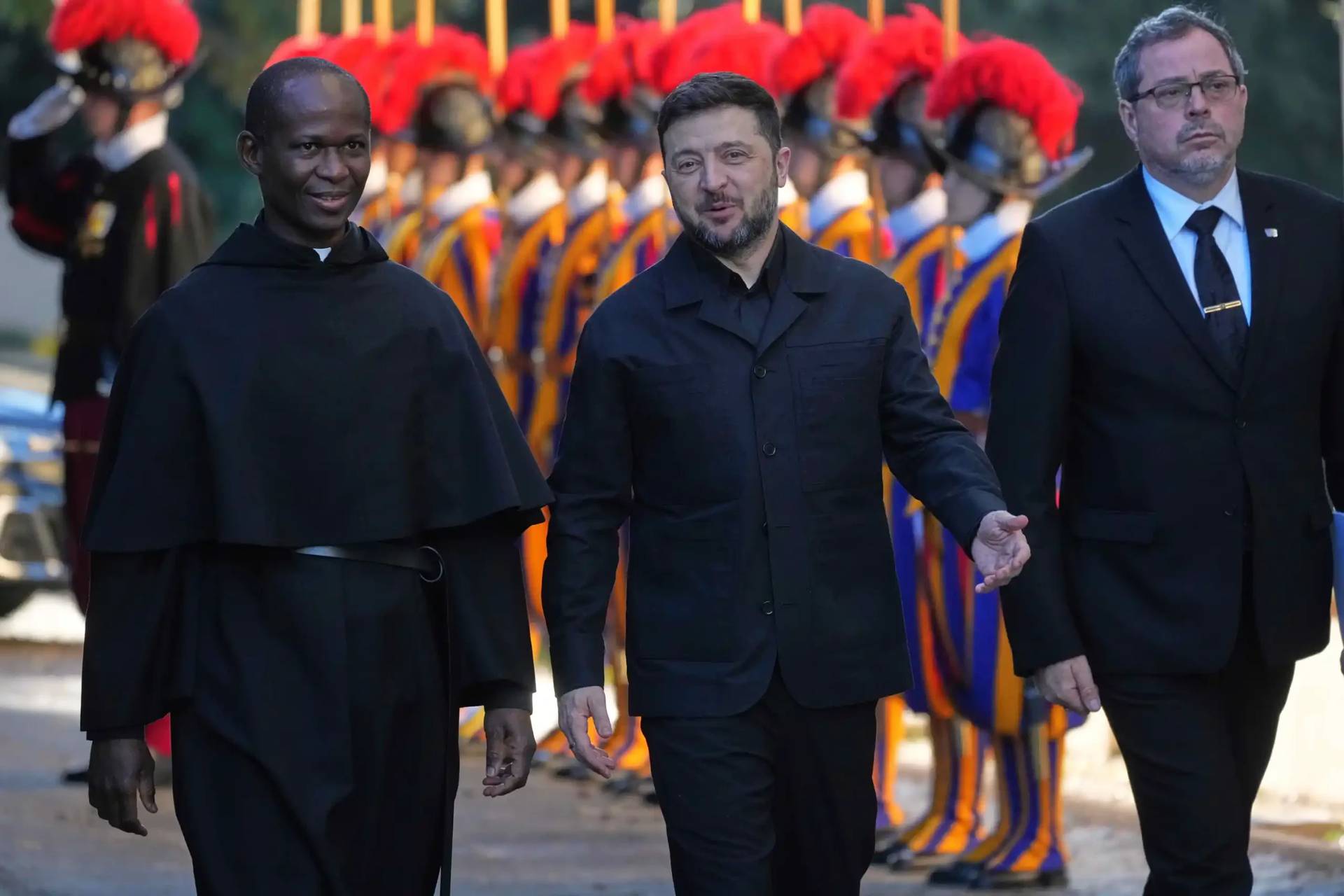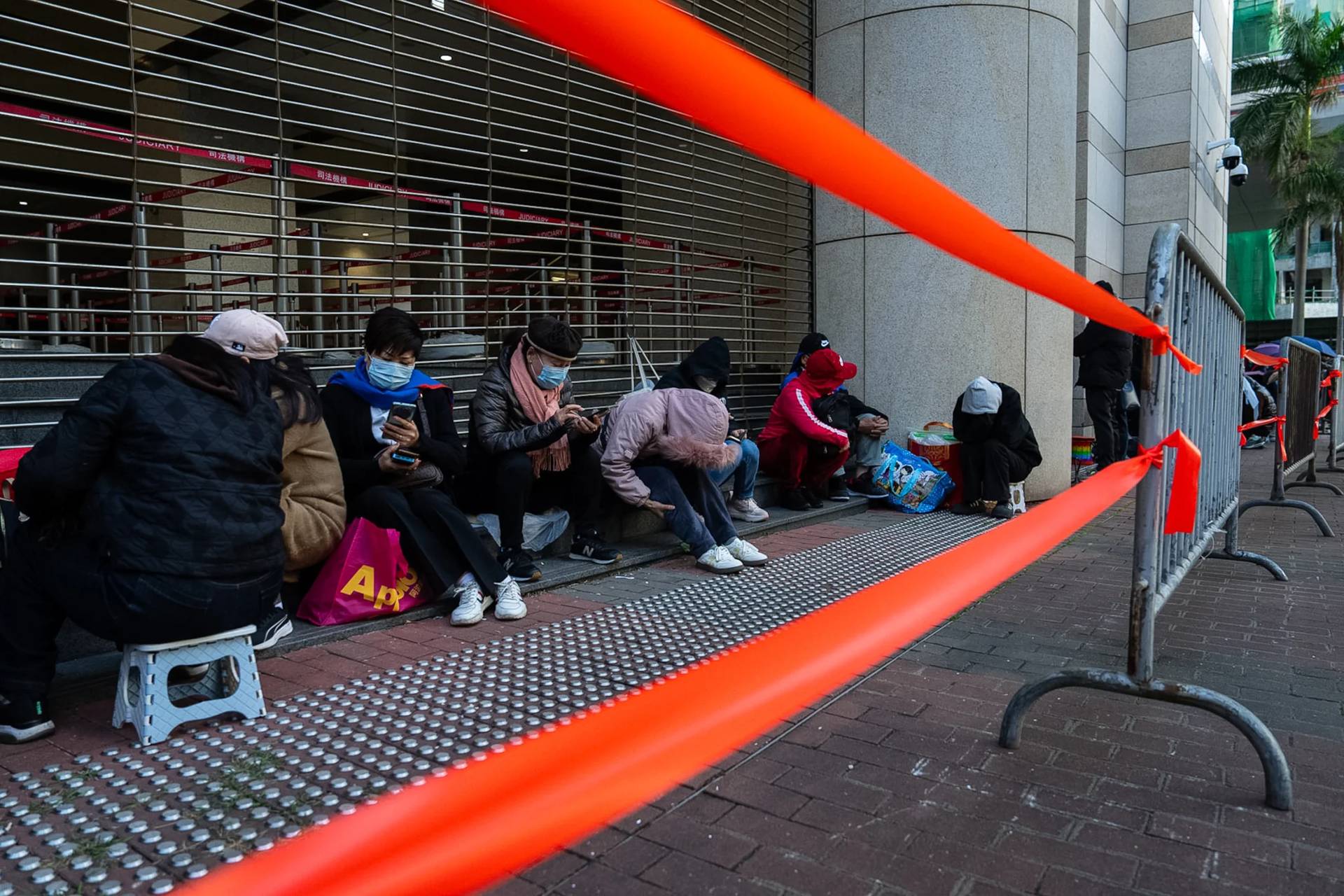ROME – Pope Francis on Saturday said that in many countries of “long Christian tradition,” there’s a “xenophobic” response to immigrants, urging Catholic universities instead to see the migration phenomenon as a “sign of the times.”
It’s important, Francis said, “to reflect on the negative reactions in principle, sometimes even discriminatory and xenophobic, which the reception of migrants is sparking in countries of ancient Christian tradition.”
Such reflection, he added, should lead to the creation of programs to educate consciences.
Furthermore, the pope said, the many contributions migrants and refugees make to the societies that welcome them are worthy of “greater appreciation.”
“In order to give ‘reasons’ to the pastoral care of migrants and refugees, I invite you to deepen the theological reflection on migration as a sign of the times,” he added, before quoting the 2004 Vatican document titled Erga migrantes caritas Christi, or “The love of Christ towards Migrants.”
The document was published during the papacy of St. John Paul II by the then-Pontifical Council for the Pastoral Care of Migrants and Itinerant People, which has since merged into the new Dicastery of Promoting Integral Human Development. However, the section of that dicastery dedicated to migrants and refugees is directly under Francis’s command, at his own request.
Quoting from the 2004 document, which cites the Gospel of Matthew (Mt 25:35), Francis said: “In migrants, the Church has always contemplated the image of Christ who said, ‘I was a stranger and you made me welcome.’ Their condition is, therefore, a challenge to the faith and love of believers, who are called on to heal the evils caused by migration and discover the plan God pursues through it even when caused by obvious injustices.”
Francis’s words on Saturday came as he was addressing participants of a conference titled ‘Migrants and Refugees in a Globalized World: the Response of Universities.’
There are currently over 65 million forcibly displaced people worldwide, half of whom are minors: Syria has six million IDP; Lebanon, with a population of 4.5 million, is hosting 1.5 million refugees from Syria and Iraq. Europe is currently hosting 17 percent of the world’s refugees, the Americas 16 percent, Asia 11 percent, the Middle East 26 percent and Africa 30 percent.
According to the United Nations Refugee Agency, an estimated 28,300 people a day are forced to leave their homes. In 2016, only 189,300 refugees were resettled.
The Nov. 1-4 summit was hosted by the Gregorian University in Rome and organized by the International Federation of Catholic Universities (IFCU), the Being the Blessing Foundation and the Center for Interreligious Understanding, along with a dozen Catholic higher education institutions.
RELATED: Catholic conference in Rome highlights positive impact of migrants
Francis praised the participants for setting up a scientific, theological and pedagogical reflection rooted in the Church’s social teaching, in an attempt to “overcome prejudices and fears related to a lack of knowledge of the migratory phenomenon.”
He then proceeded to highlight three areas in which universities can contribute on this matter: research, teaching and social promotion.
The scientific research Catholic Universities do, according to the pope, has to be harmonized with theological research. Hence the invitation to focus both on providing solutions that would reduce the number of people forced to flee and to see the phenomenon as a “sign of the times.”
On teaching, Francis urged Catholic universities to introduce programs that promote the education of refugees at various levels, both through long-distance courses for those living in camps and refugee centers, but also by granting scholarships that would allow for their relocation.
He also urged universities to inculcate in their students the ability to see the migratory phenomenon from a perspective of justice and communion in cultural diversity.
On social promotion, he said Catholic universities can play a key role by incentivizing their students to volunteer in programs of assistance to refugees, asylum seekers and migrants.
















